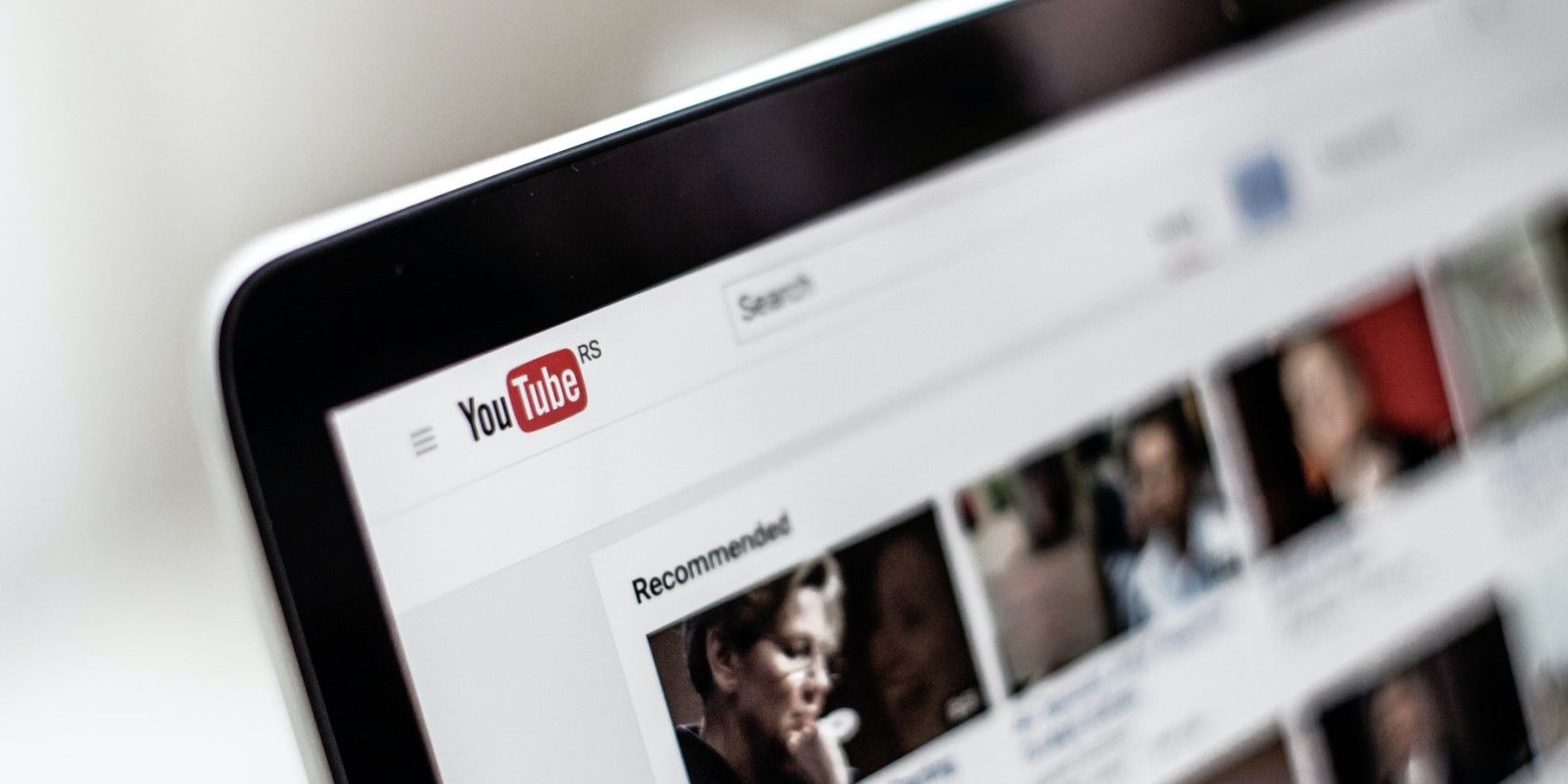YouTube, by far the biggest online video platform worldwide, is using its clout to promote the important COVID-19 vaccination.
In a new series of public service announcements, in partnership with the Vaccine Confidence Project at the London School of Hygiene & Tropical Medicine, YouTube launched its campaign in the United States on Monday, April 26. It says that it will "roll out to other countries in the weeks to come" to coincide with the local availability of vaccines.
Access to Reliable Information
In a blog post, Dr. Garth Graham, Director and Global Head of Healthcare and Public Health Partnerships at YouTube, writes that:
At YouTube, we are committed to making sure that people have access to reliable information about the vaccine, including how it was developed and tested, what they can expect when they get the vaccine, and how every person plays a part in the public's health. Hearing inaccurate information can breed doubt in someone's mind and that's why trusted scientific and medical organizations are partnering with YouTube to make sure credible information is reaching people in accessible and culturally relevant ways.
YouTube's campaign will take the form of a series of videos that will play on the website, along with on television, radio, and on social media. The videos will run through July, and are designed to reach Americans "between the ages of 18 to 34, a key demographic to help control the spread of the virus."
To promote the message, YouTube has paired up with health experts and influencers---ranging from "music artists to comedians to fashion icons to FarmTubers"---to spread the word about the importance of vaccinations, and how they can help the world get back to normal.
Every adult in the United States is eligible for a COVID-19 vaccine, with around half of all adults in the country having now received at least their first dose. However, there's still plenty more to do---and vaccination rates have slowed down somewhat with the temporary pause placed on the single dose Johnson & Johnson vaccine.
Spreading a Positive Message
Choosing YouTube as a platform for disseminating this message is a good move. As a regular destination for internet users, particularly those in the demographic this initiative is trying to target, YouTube's campaign has a great shot (no pun intended) at reaching the maximum number of eyeballs possible.
It's also a great example of how YouTube can be used to disseminate a positive message. Plenty of times over the past several years, YouTube---and other popular internet platforms---have been criticized for helping to spread fake news, such as harmful conspiracy theories.
This is YouTube showing that it can be used as a force for good as well. Hopefully the world will reap the benefits of this particular message.
Image Credit: NordWood Themes/Unsplash CC

